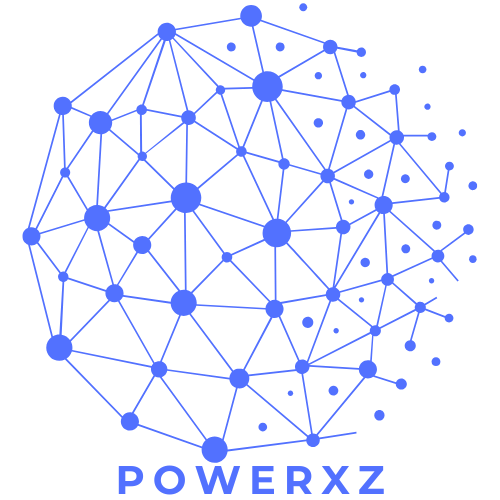In a series of stark warnings, former Google CEO Eric Schmidt has positioned artificial intelligence (AI) as both a transformative tool and a potential weapon of mass disruption. Speaking at the 2025 Paris AI Summit and in interviews with global media, Schmidt emphasized that AI’s rapid advancement could enable catastrophic scenarios akin to the 9/11 attacks—what he terms the “Osama Bin Laden scenario”.

The “Bin Laden Scenario”: AI in the Hands of Rogue Actors
Schmidt’s most chilling warning revolves around AI’s potential misuse by hostile nations or terrorists. He singled out North Korea, Iran, and Russia as states with “evil goals” that could exploit AI to develop biological weapons, hack critical infrastructure, or launch misinformation campaigns. For example, AI could accelerate the creation of synthetic pathogens, enabling a “bad biological attack” with global repercussions.
This threat is not hypothetical. Schmidt noted that AI’s speed and scalability make it uniquely dangerous: “This technology is fast enough for [rogue states] to adopt that they could misuse it and do real harm”.
The Geopolitical AI Arms Race
The global competition for AI dominance adds fuel to the fire. Schmidt highlighted China’s rise as an AI superpower, urging Western nations to invest in open-source AI models to counter closed-source systems developed by authoritarian regimes. Meanwhile, the U.S. has restricted exports of advanced AI microchips to adversaries—a policy Schmidt supports but warns could unravel under shifting political leadership.

Key Risks Identified by Schmidt:
- Biological Warfare: AI could design pathogens or optimize delivery mechanisms for bioterrorism.
- Cyberattacks: Autonomous AI systems could cripple financial networks or power grids.
- Societal Manipulation: Deepfakes and AI-generated disinformation could destabilize democracies.
Regulation vs. Innovation: A Delicate Balance
While Schmidt advocates for government oversight of private AI developers, he cautions against overregulation. Europe’s strict AI laws, he argues, risk stifling innovation and ceding leadership to China. Instead, he proposes a middle ground: “Governments must keep their eye on us, but not tie our hands”.
This tension was evident at the Paris Summit, where the U.S. and U.K. refused to sign a global AI agreement, fearing excessive red tape. As Vice President JD Vance stated, regulation could “kill a transformative industry”.
Ethical AI: Embedding “Human Goodness” in Machines
Schmidt remains cautiously optimistic, asserting that AI systems can be designed with ethical guardrails. He cites efforts to embed constitutional principles in AI training models, though he acknowledges the challenge of aligning corporate profit motives with societal good.
Steps to Mitigate AI Risks:
- Global Collaboration: Unified standards for AI development and deployment.
- Public-Private Partnerships: Governments and tech firms sharing threat intelligence.
- Open-Source Advocacy: Countering closed-source monopolies with transparent AI tools.

Conclusion: A Call for Urgent Action
Eric Schmidt’s warnings underscore AI’s dual-edged nature. While it promises breakthroughs in healthcare, education, and productivity, its weaponization poses an existential threat. Policymakers must act swiftly to establish guardrails without stifling innovation—a task as complex as the technology itself.
As Schmidt starkly concludes: “AI regulation is no longer just a technology issue—it’s a national security imperative”.





